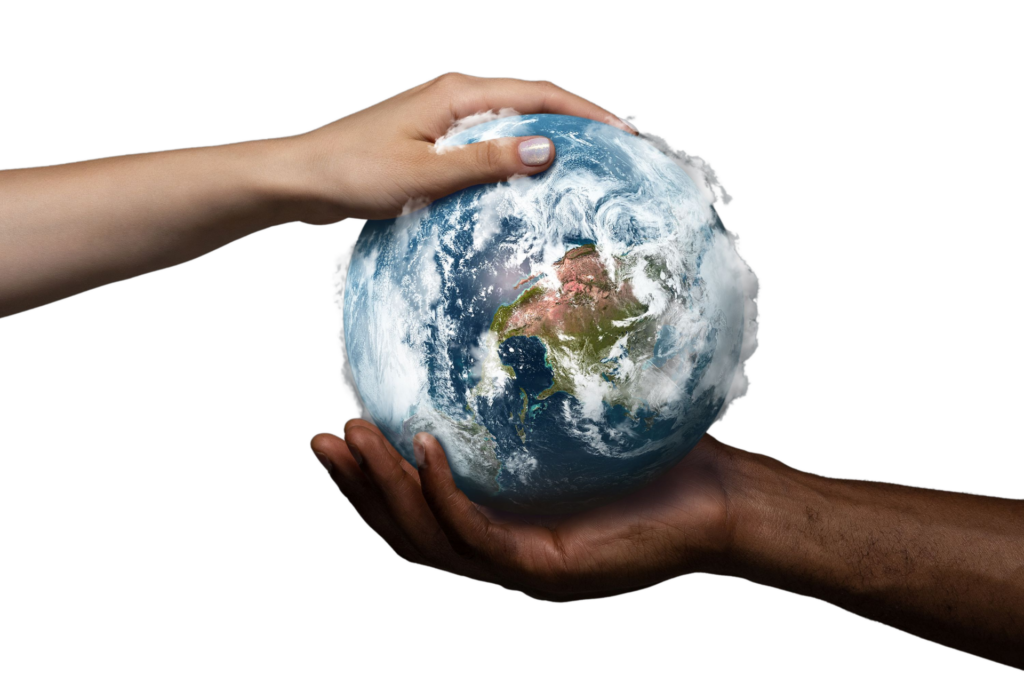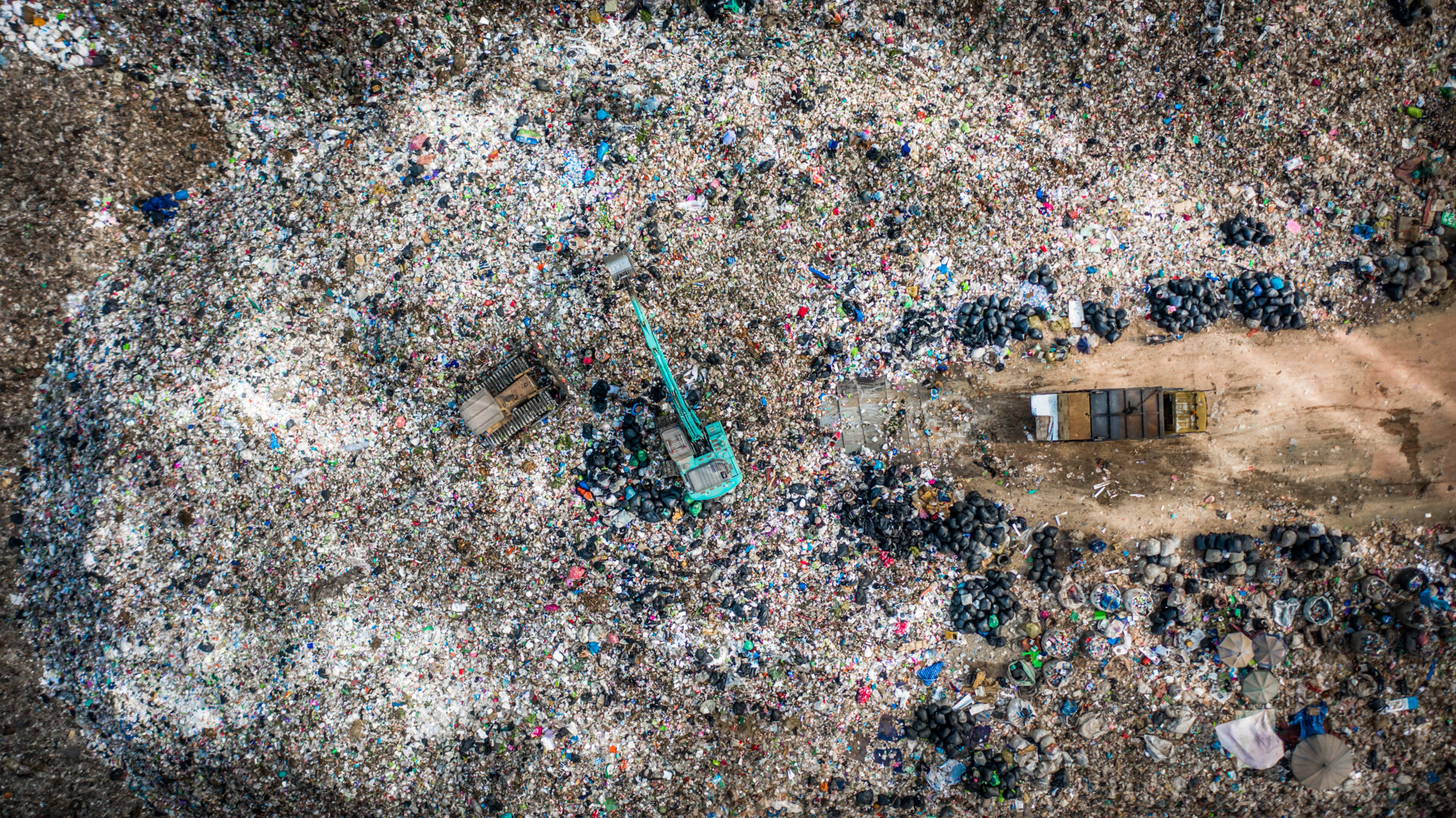76 million people in the U.S. live within 3 miles of a landfill or incinerator.
That’s 76 million people too many. Burning and burying trash is a dangerous business. Often located in communities of color, low-income communities, and communities of limited English-speaking proficiency, these outdated facilities poison public health, damage our climate, and pollute the environment.
But with just, equitable Zero Waste solutions, more people will have access to clean air, fresh water, green jobs, and healthier neighborhoods.
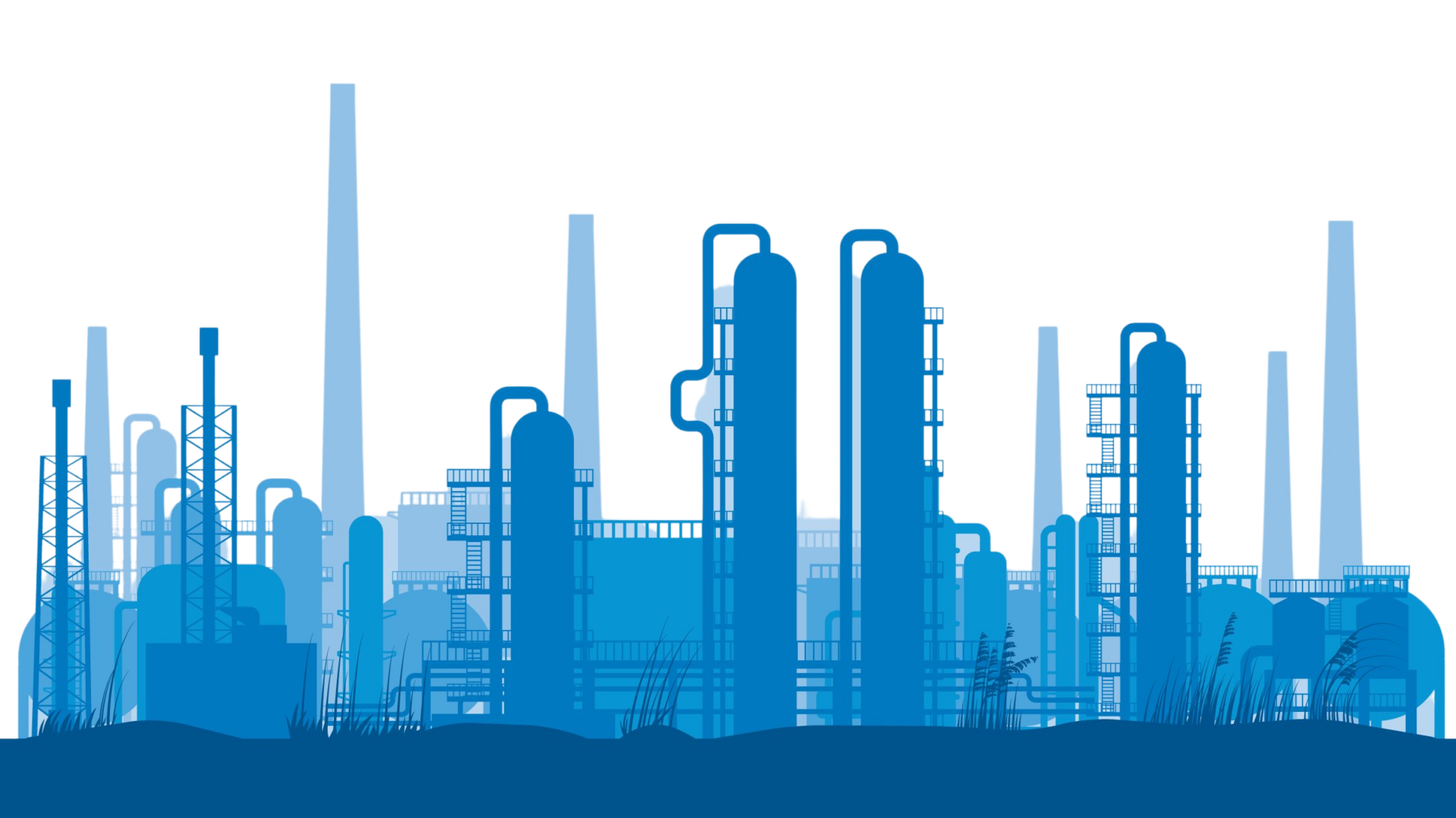
Zero Waste can transform lives and the environment.

AIR
Stopping waste before it starts means avoiding toxic air emissions from landfills and incinerators that can damage our lungs, cause cancer, disrupt our immune system, and destroy the climate.
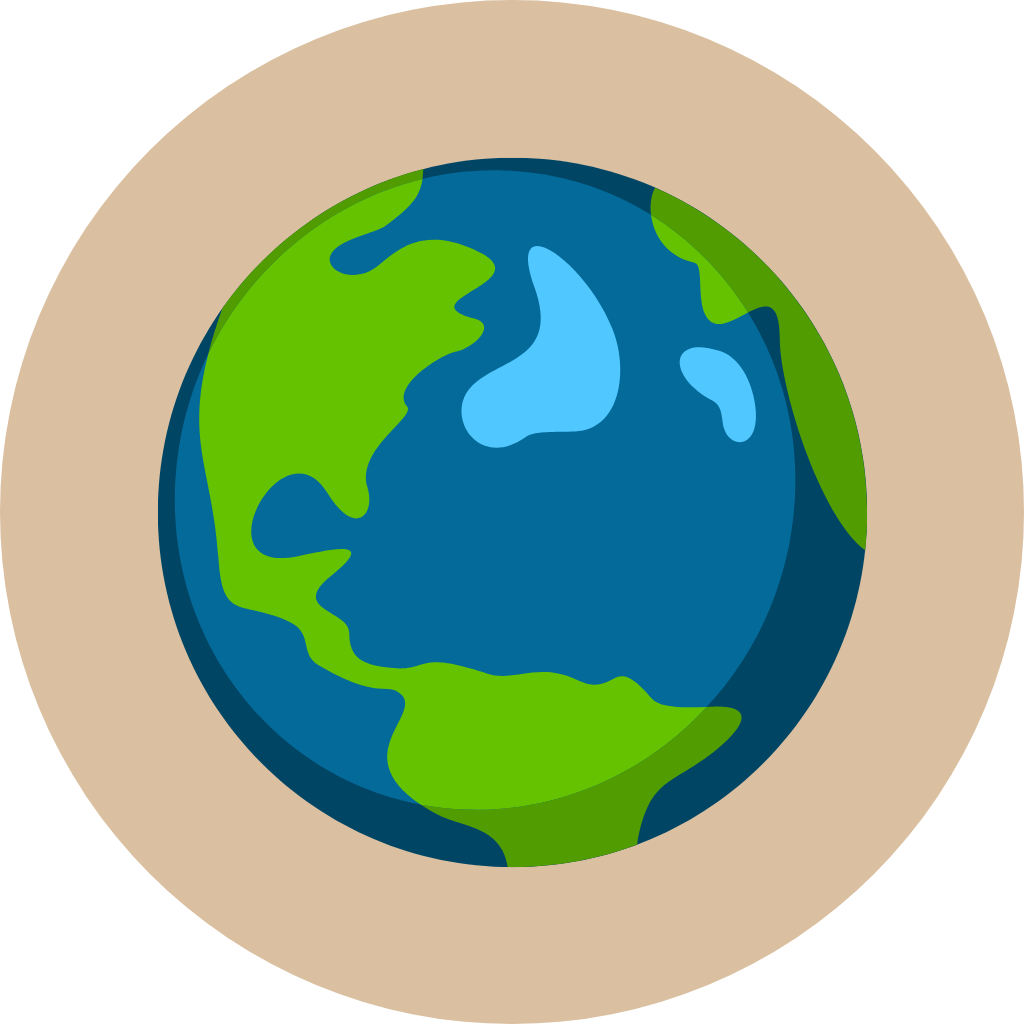
CLIMATE
Zero Waste means zero climate-damaging emissions from burying trash, burning trash, and from the fossil fuel-to-plastics pipeline.

HEALTH
Zero Waste means zero toxic exposures from our trash. Our trash (especially plastic) is full of dangerous toxics, including forever chemicals. Saying goodbye to trash is our best shot at healthier living.
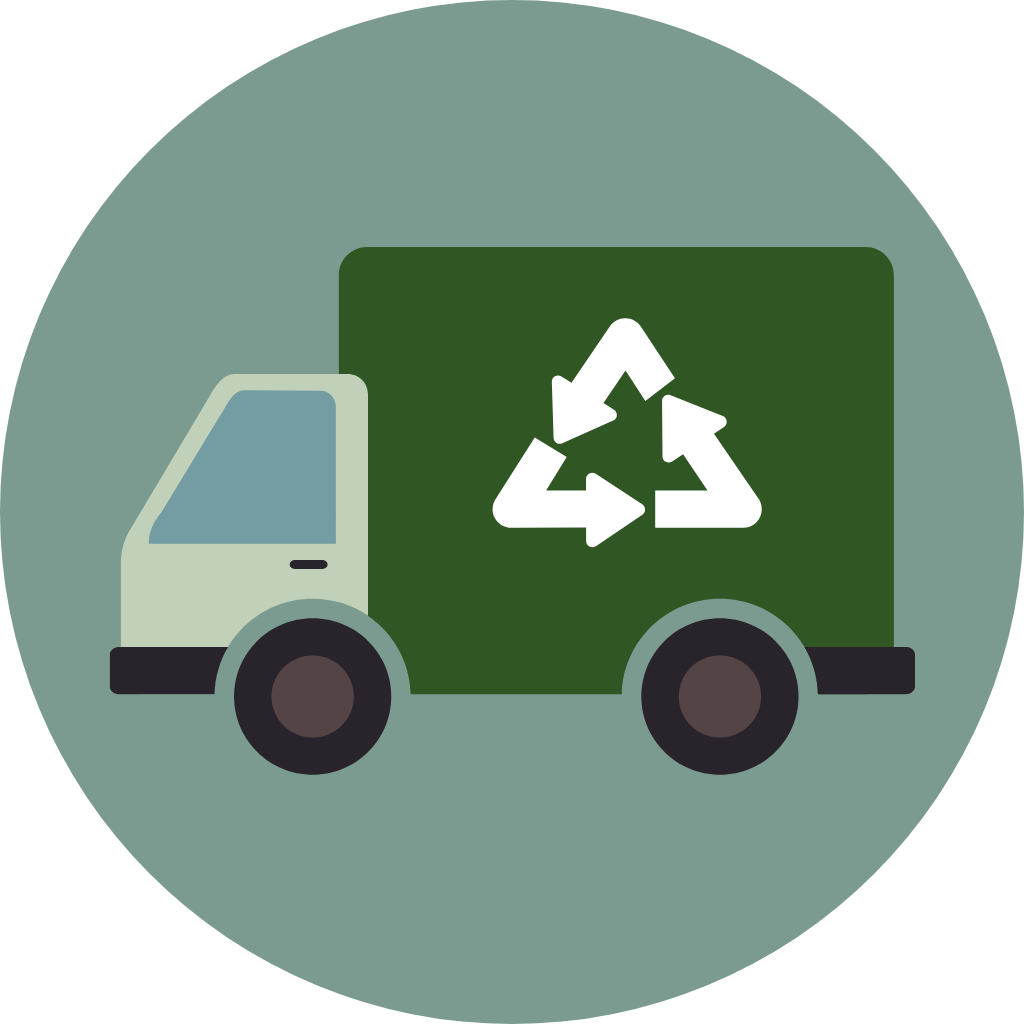
JOBS
Zero Waste solutions like composting, recycling, and reuse can create between 10 and 200 times as many jobs as burning or burying our trash.

SOIL
Composting food waste and yard waste helps regenerate our soil, combat erosion, avoid potentially toxic fertilizers and pesticides, and capture carbon that would otherwise end up in our atmosphere.
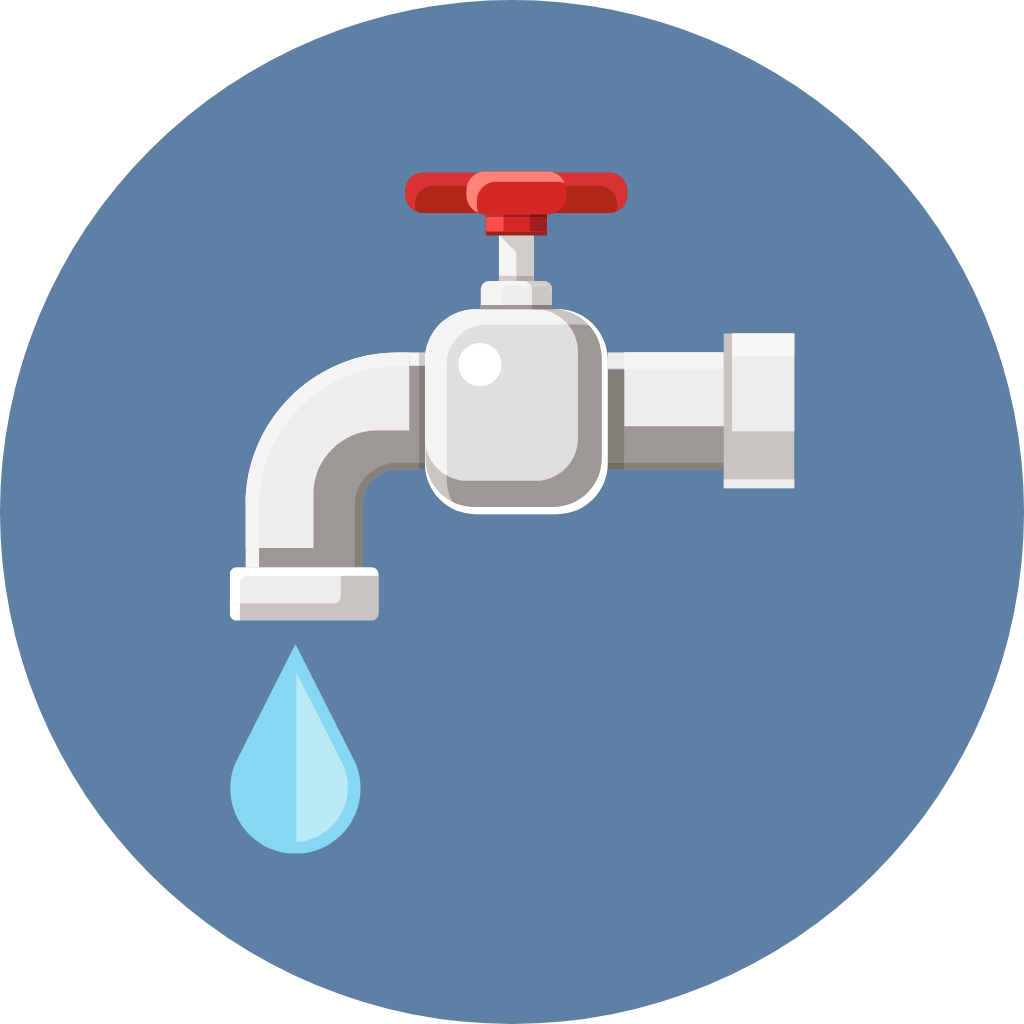
WATER
Shutting down leaky landfills protects our drinking water and our rivers, lakes, and streams and everyone who depends on them.
Waste Crisis 101
Corporations don’t want to create quality products or reusable packaging that consumers can rely on. Because quality and reuse mean products last longer. And long-lasting products mean consumers spend less money. The thing is, corporations care about money. So it should come as no surprise that corporate greed gave birth to our throw-away, single-use culture – and our waste crisis came right along with it.
With so much trash, waste disposal became big business. In the 1970s and 1980s, large, profit-driven landfills and incinerators replaced smaller, local waste facilities around the country. Many of these were built in Black and brown communities, low-income communities, and limited English-speaking communities. These landfills and incinerators plague the communities targeted to host them – poisoning public health, damaging our climate, and contaminating the environment.
Today, most of the country’s waste facilities – and the companies that run them – go unchecked. Weak laws and regulations around landfills and incinerators allow them to keep polluting, largely without consequence. As we continue to rely on old, outdated waste technology – and as powerful corporations spend big money to maintain the status quo – the problem only gets worse.
How do we tackle the waste crisis?
To put an end to this crisis, we need a holistic approach. One that not only shuts down dangerous waste facilities, but also advances policy solutions that stop waste before it starts. That’s why Just Zero works to:
- Shine a light on the reality behind outdated waste facilities.
- Call out the people and corporations trying to stop good Zero Waste reforms.
- Scrutinize proposed solutions to ensure they help communities – not corporations.
- Design and implement sensible waste policies that provide protections for all communities across the nation.
- Push for laws that require corporations to redesign their products and packaging to be less wasteful and less toxic.
People and our planet deserve Zero Waste solutions with zero climate-damaging emissions and zero toxic exposures. That’s why we’re using every tool available to us to advocate for what’s right.
